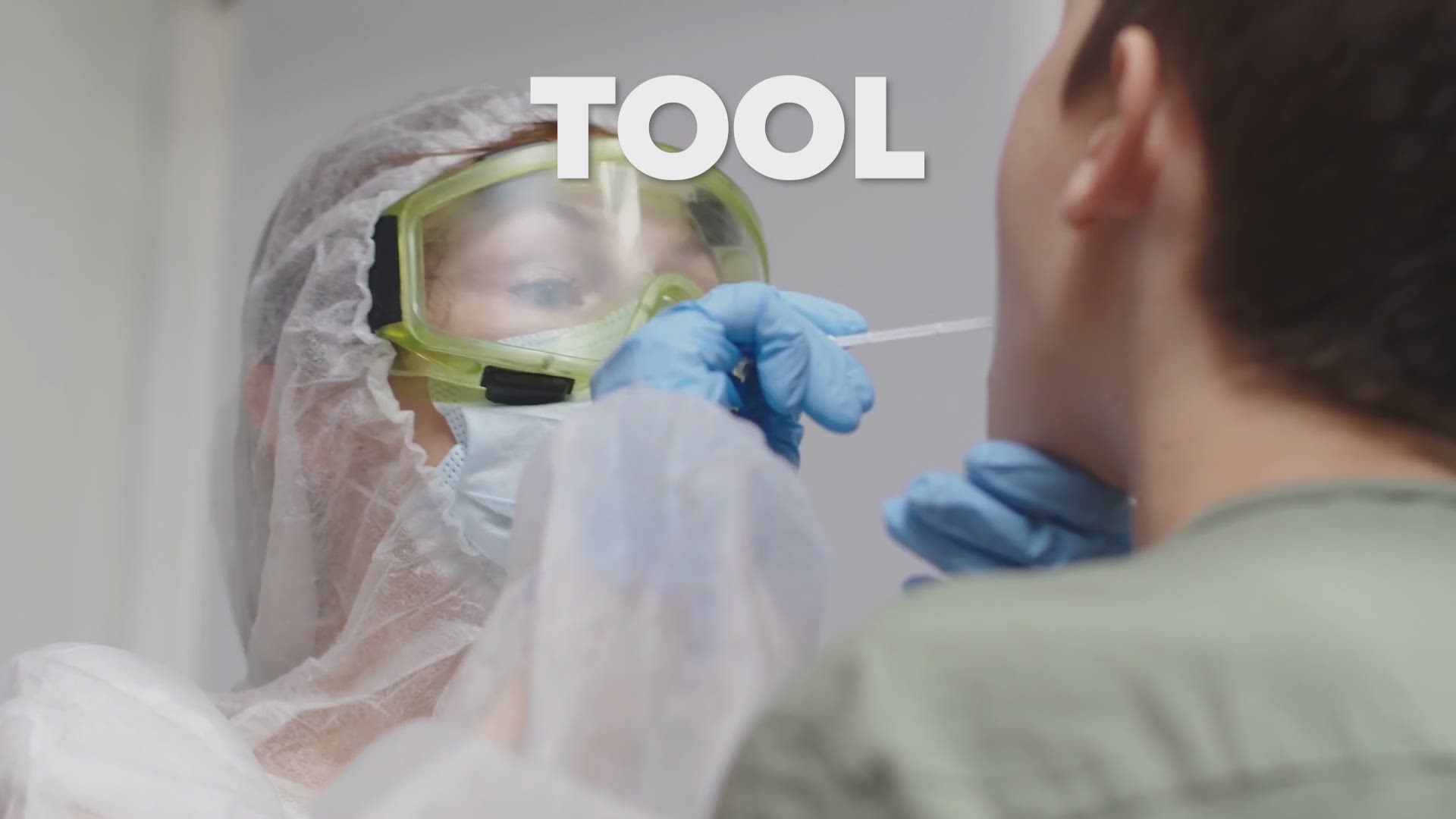The U.S. for the first time recorded more than 70,000 new confirmed cases of COVID-19 in a single day Thursday and went well past that. Record numbers of confirmed infections and deaths emerged again in states in the South and West, with hospitals stretched to the brink and fears worldwide that the pandemic's resurgence is only getting started.
Johns Hopkins University reports the U.S. had approximately 77,300 new cases of the disease caused by the new coronavirus Thursday. That was 10,000 more cases than were recorded on Wednesday.
For perspective, more than 160 countries have yet to record 70,000 total cases during the entire pandemic, according to JHU.
The U.S. total has reached nearly 3.6 million cases. There have been more than 138,000 deaths in the U.S. and nearly 1.1 million recoveries.
It also brought the U.S. closer to a prediction made by the nation's top infectious disease expert 17 days ago. Dr. Anthony Fauci warned a Senate hearing on June 30 -- when about 40,000 new cases per day were being reported -- that he “would not be surprised if we go up to 100,000 a day if this does not turn around."
Texas reported 10,000 new cases for the third straight day Thursday and 129 additional deaths. The state has seen a third of its more than 3,400 total COVID-19 fatalities in the first two weeks of July alone.
Florida reached another ominous record, with 156 virus deaths, and health officials reported a staggering 13,965 new cases.
South Carolina confirmed 69 deaths, more than double any other day. In Louisiana, where officials thought they had contained the virus earlier this year only to become a hot spot again, it's averaged more than 2,000 new confirmed infections a day over the past week.
Arizona, meanwhile, has been so hard hit by the virus, the medical examiner's office in metro Phoenix has gotten portable storage coolers and ordered more to handle an influx of bodies — reminiscent of New York City at the height of the pandemic there earlier this year.
RELATED: VERIFY: 'Rockefeller document' doesn't prove theory coronavirus pandemic was planned in 2010
More cities, states and businesses are taking steps toward trying to prevent that. At least half of U.S. states have issued some form of a mask mandate, whether just in public indoor settings or extending to outside when social distancing is not possible.
Some states have resisted. Georgia Gov. Brian Kemp banned cities and counties from requiring face coverings and then sued Atlanta to prevent the city from defying his order.
Dr. Robert Redfield, Director of the Centers for Disease Control and Prevention, said Tuesday that the U.S. could bring the virus under control in four to eight weeks if there was universal mask usage.
Sen. Dianne Feinstein, D-Calif., announced Thursday that she will introduce an amendment in the next federal coronavirus stimulus bill that would prohibit states without a statewide mask rule from getting those funds.
Multiple businesses including Costco, Walmart, Kohl's, Target, Kroger and Starbucks are now requiring customers to wear masks.
The emerging rules have been met with resistance by those who insist they will not wear a mask for various reasons, from concerns that it will harm them, to claims that masks are ineffective to fears that mask-wearing infringes upon their individual liberties.
India joined the U.S. and Brazil Friday as the only countries to have more than 1 million total cases according to that country's health ministry. Brazil crossed 2 million cases.


The Associated Press contributed to this report.

